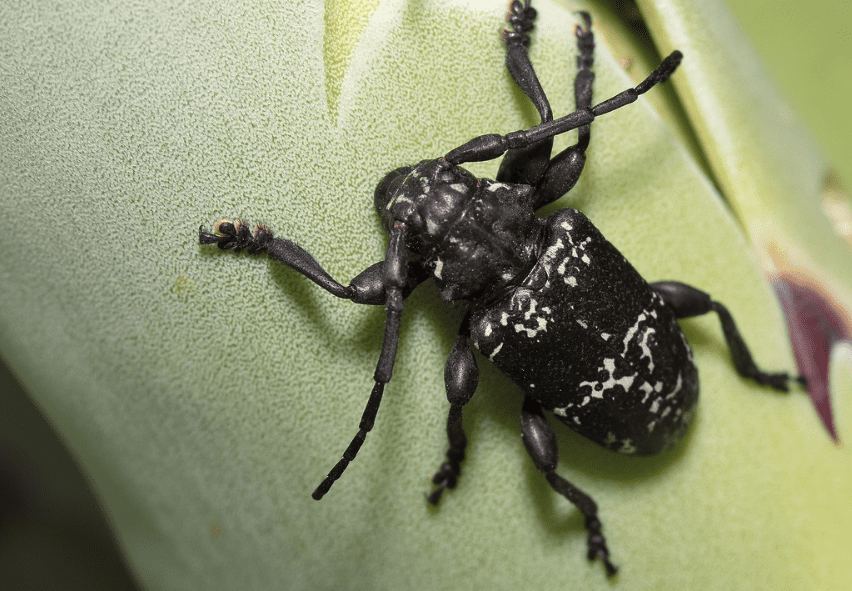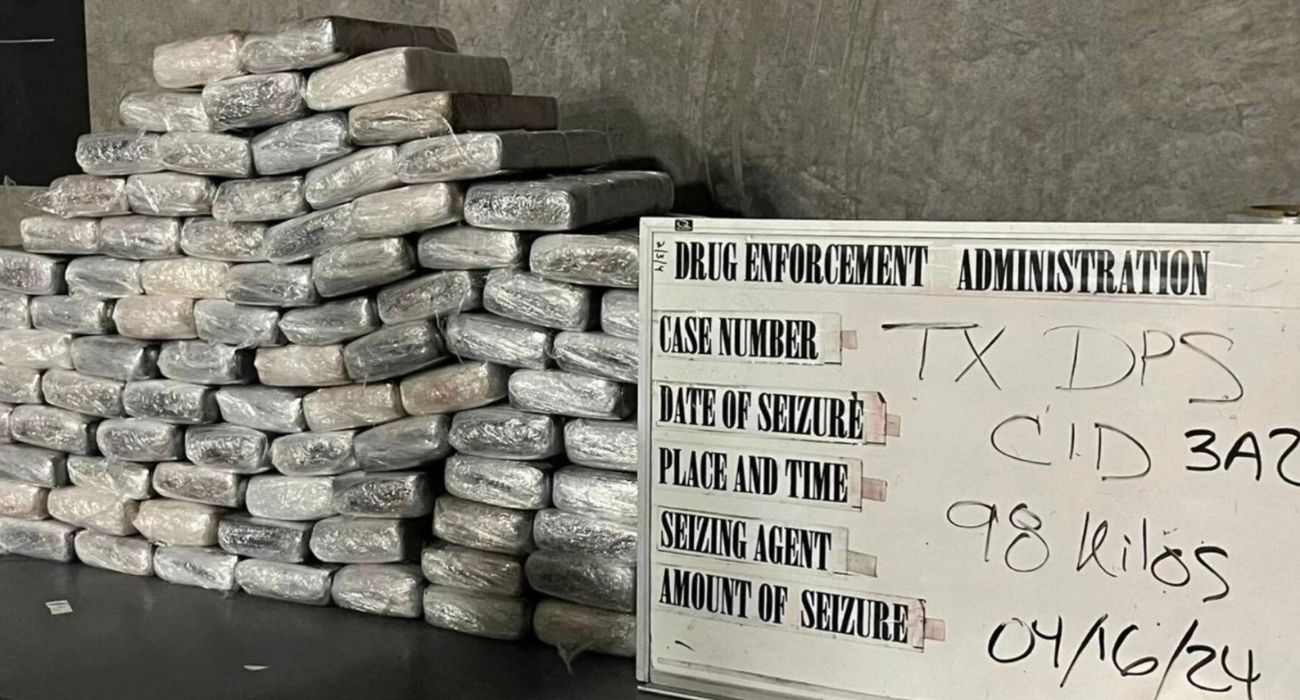It may be hard to believe, but not all longhorns are welcome in Texas.
The U.S. Customs and Border Protection (CPB) office at Roma announced that it had intercepted what the Smithsonian Institute has dubbed a “first-in-nation interception” sample of an insect from the Cerambycidae family, also known as “longhorn beetles.”
“Icky find,” CPB South Texas tweeted last Monday. “Agriculture specialists at Roma Port of Entry intercept a First in Nation pest, a type of longhorn beetle, within a shipment of maguey leaves.”
“The shipment was refused entry and returned to Mexico,” CBP reported.
CBP frontline agriculture specialists at Roma Port of Entry examine many fresh produce shipments daily. According to Andres Guerra, Roma/Rio Grande City port of entry director, their mission is to safeguard U.S. agriculture.
The discovery occurred at the Roma International Bridge during an examination of a tractor-trailer hauling fresh vegetables. During an inspection of maguey leaves, CBP agriculture specialists intercepted a beetle and submitted it for identification to a local U.S. Department of Agriculture (USDA) area entomologist.
On July 20, the USDA Systematic Entomology Laboratory at the Smithsonian Institution in Washington D.C. made the initial pest identification: it was an Acanthoderes funeraria Bates, “a First-in-Nation interception Insect” from the Cerambycidae family.
These longhorn beetles feed on wood materials and herbaceous plants and are considered invasive pests. The bugs could pose a significant risk to U.S. agriculture if allowed to reproduce in the wild, CBP reported.
“The meaning (of First-in-Nation pest interception) is it’s the first time this specific species has been encountered in the U.S.,” Rick Pauza, speaking for CBP’s Office of Public Affairs-Media Division, told The Dallas Express.
Millions of pounds of cut flowers, fresh fruits and vegetables, herbs, and other items enter the U.S. via commercial shipments from other countries every year, according to CBP.
“CBP agriculture specialists intercept plant pests in a variety of environments, from fruit and vegetables brought by arriving travelers at land border ports, international airports but also in commercial shipments of fresh produce, cut flowers, greenery and in solid wood packing materials like pallets,” Pauza added.
Invasive insects can hide in baggage, truckloads, trainloads, and containers of fresh botanicals. They have the potential to seriously threaten U.S. agriculture.






